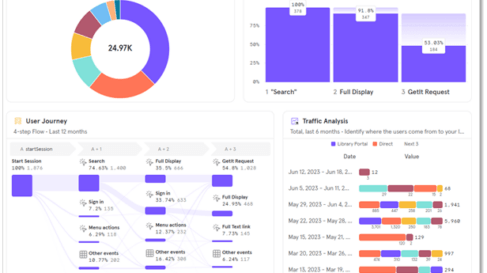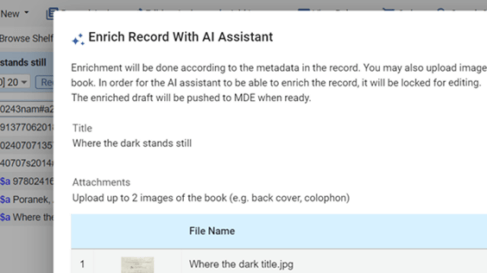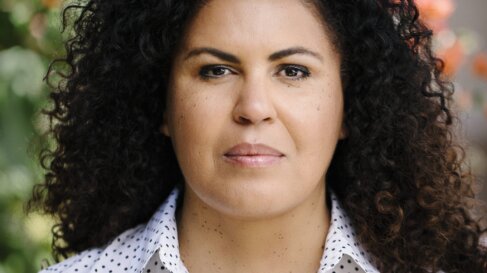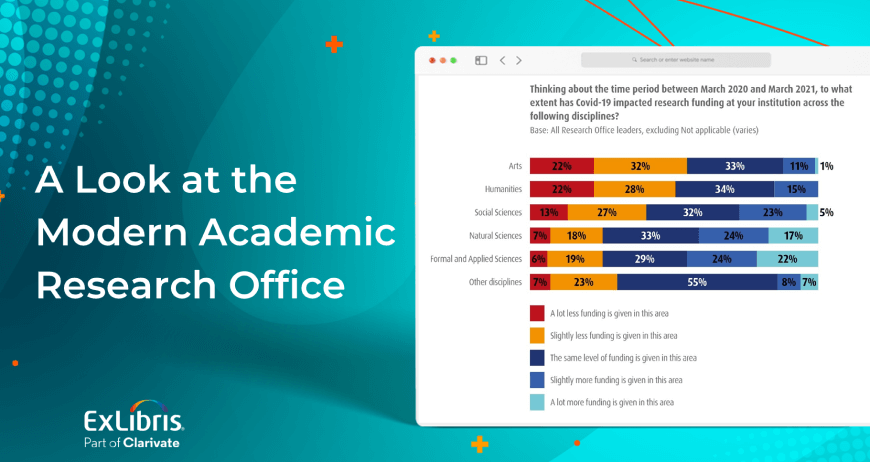Dani Guzman, Ex Libris
The nature of university research is changing rapidly, forcing higher-education leaders to adapt in response.
In conversations with members of the Ex Libris Research Management Advisory Council, research office and library leaders at prominent universities worldwide discussed how they’re overcoming key hurdles like these at their own institutions.
We’ve collected these experts’ insights in a new ebook, “How Research Universities Can Rise to Meet Critical Challenges,” which we’re making available to higher-education leaders free of charge.
Here’s a glimpse at what the ebook contains:
- Martin Kirk, Director of Research Operations for King’s College London, compares the task of leading world-class university research to launching a spacecraft to the moon—and he reveals how his institution is reducing the drag force that’s slowing research down.
- Kirk and Dr. Paul Ayris, Pro-Vice-Provost for University College London (UCL) Library Services, highlight three important barriers to open-access publishing—and how to get around them.
- Ayris reveals how the UCL Library Services team is driving open-access publishing across his institution in ways that are raising the visibility of research output.
- Mary Croughan, former Vice President for Research and Economic Development at the University of Nevada – Las Vegas, and Maggie Farrell, Dean of University Libraries at UNLV, explain how they strengthened collaboration between the library and research office, helping UNLV become an R1 institution in an accelerated timeframe.
- L. Scott Mills, Associate Vice President of Research for the University of Montana, reveals how he’s helped foster interdisciplinary research at his institution.
- Lorna Thomson, Director of the University of Edinburgh Research Office, explains how she has created an agile team who can respond quickly to emerging research opportunities—and how this businesslike approach has helped the university adapt to a shifting landscape for research funding.
- Mills and Thomson highlight three challenges and three opportunities for supporting researchers during the COVID-19 pandemic.
You might also be interested in

Pivot
Research
May 06, 2025 |
1 min read
Searching for Research Funding: A Look at the Data

Primo
Artificial Intelligence
Higher Education
Research
September 23, 2024 |
4 min read
Elevate User Engagement with Advanced Analytics: Ex Libris Primo Partners with Mixpanel

Artificial Intelligence
Higher Education
Research
September 19, 2024 |
1 min read
The Clarivate Pulse of the Library 2024 report is now available!
Discover how The New School aligns its library with institutional goals and research priorities.
Download whitepaper

Alma
Artificial Intelligence
Higher Education
Open Platform
Research
August 21, 2024 |
4 min read
Artificial Intelligence Blog Series: Introducing the AI Metadata Assistant in the Alma Metadata Editor

Artificial Intelligence
Higher Education
Open Platform
Research
August 02, 2024 |
4 min read
Artificial Intelligence Blog Series: The Ex Libris Open Library Platform

Primo
Artificial Intelligence
Higher Education
Research
June 19, 2024 |
4 min read
Artificial Intelligence Blog Series: Meet Primo Research Assistant

Artificial Intelligence
Higher Education
Librarianship
Research
Teaching and Learning
April 06, 2024 |
2 min read
Ex Libris Welcomes Dr. Safiya Noble for an online talk about DEI, Technology and Libraries

Esploro
Research
February 10, 2022 |
8 min read
A Look at the Modern Academic Research Office


